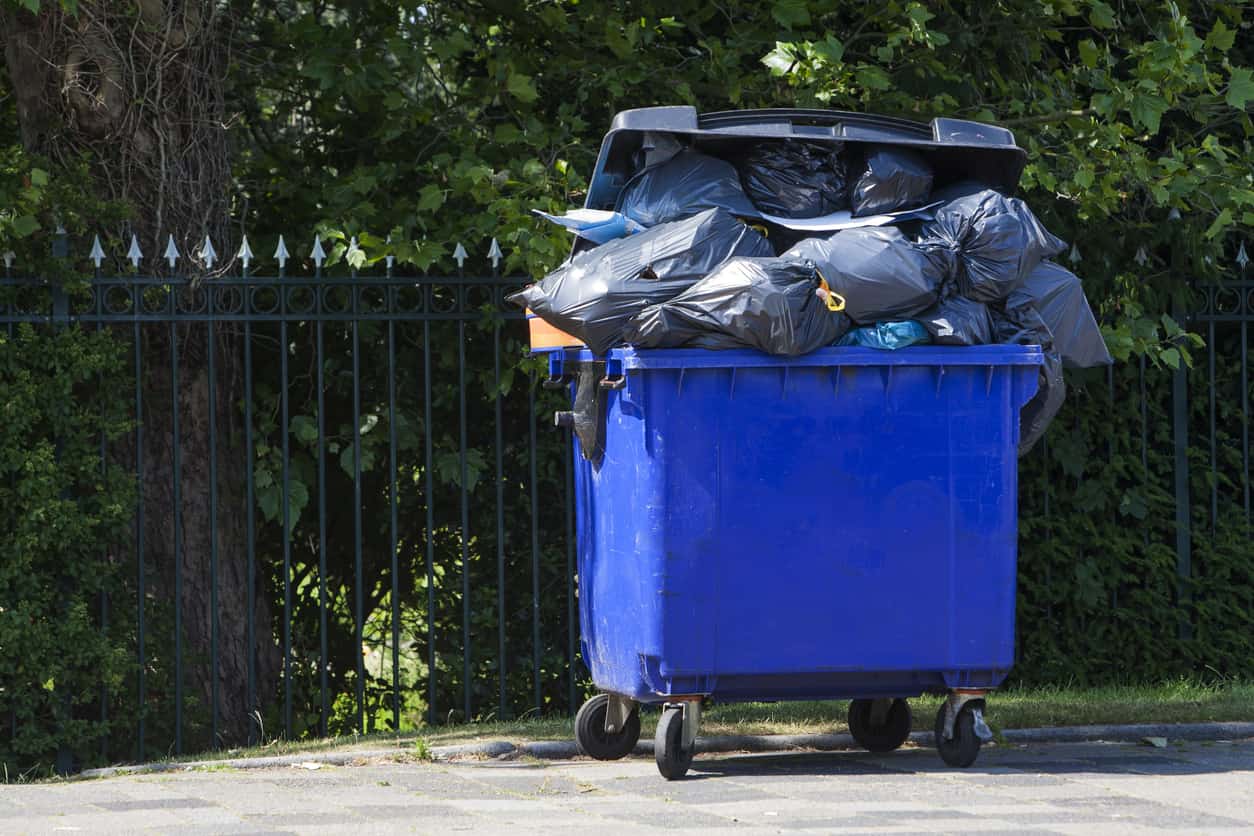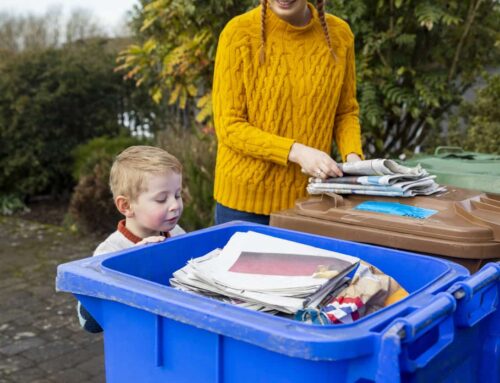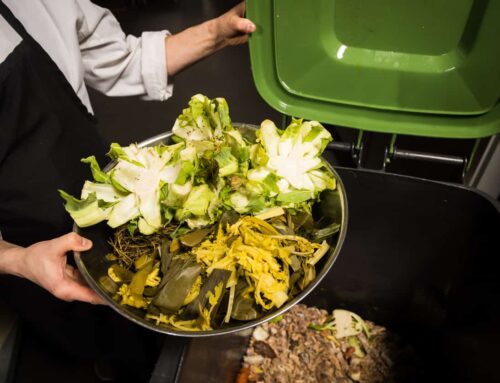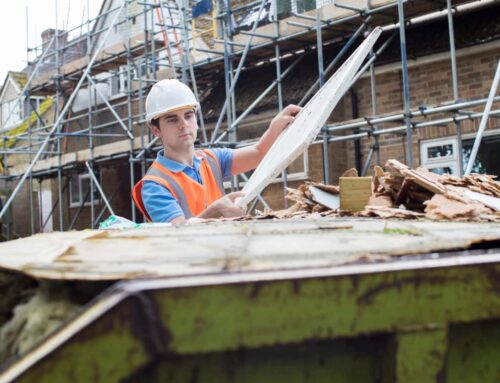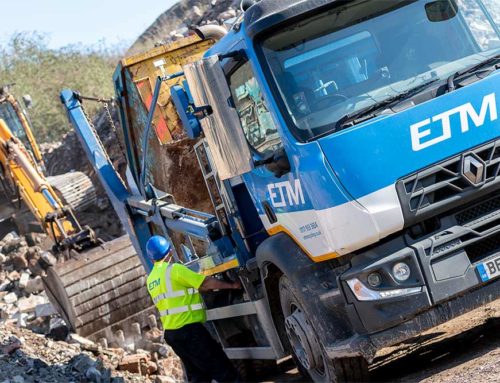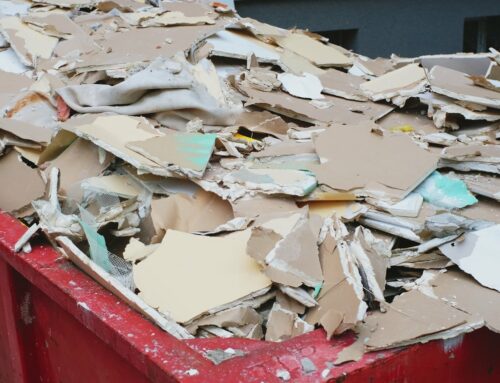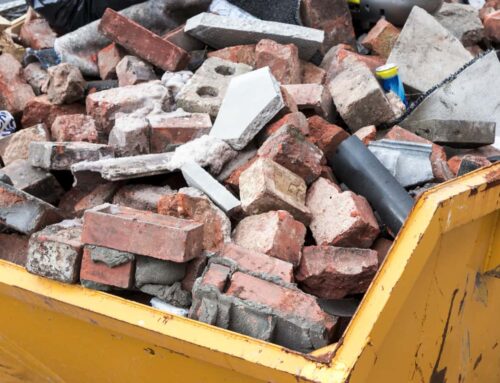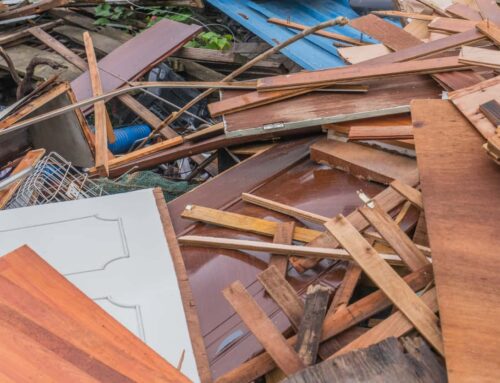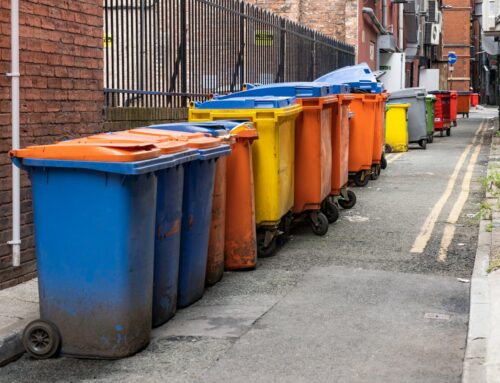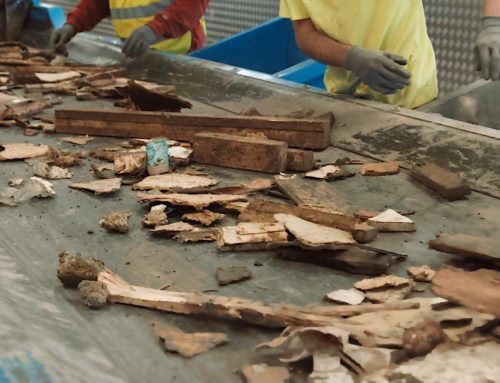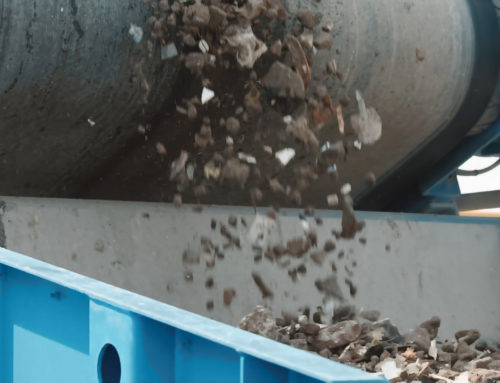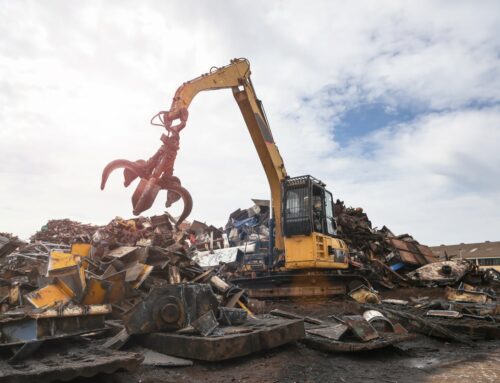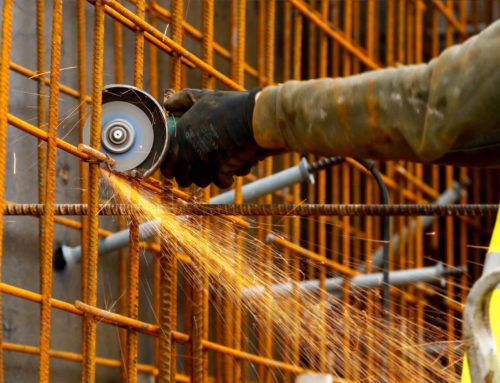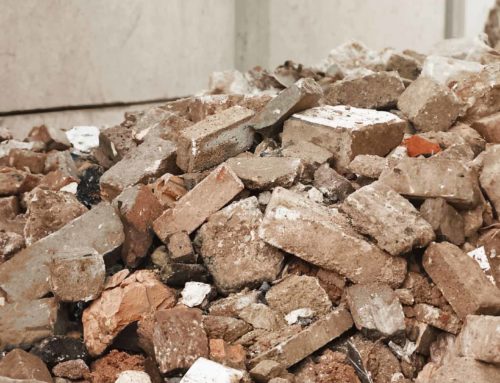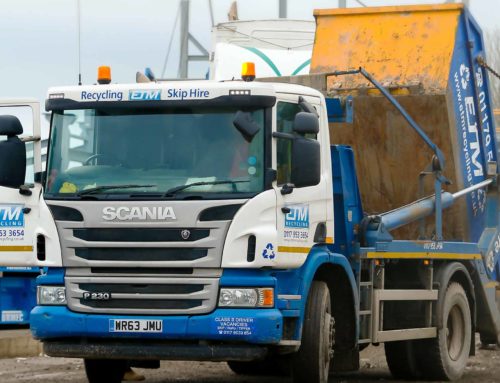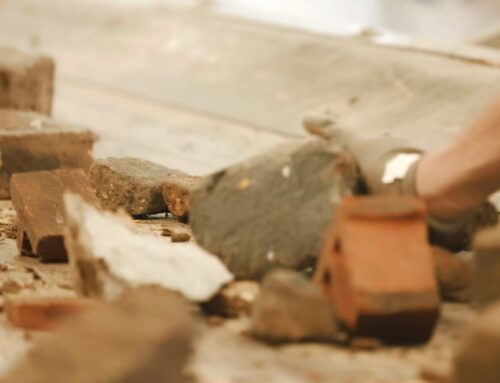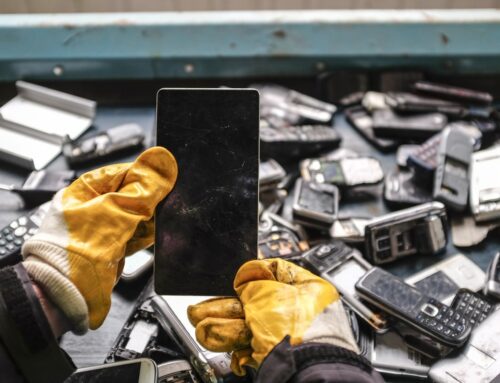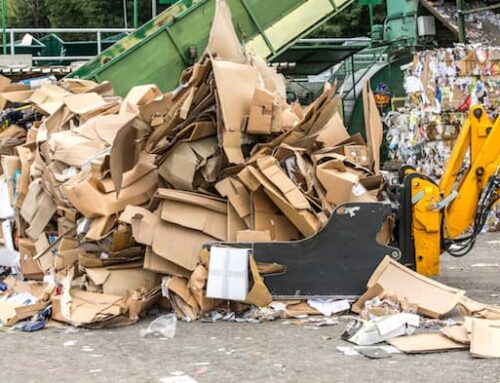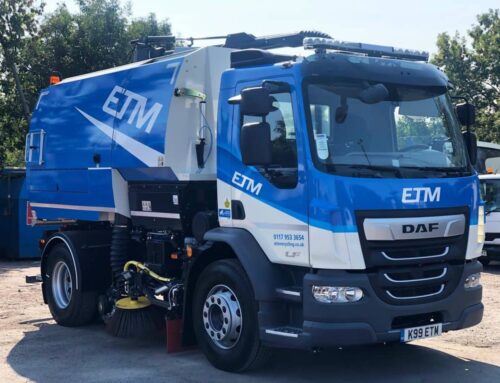Most commercial waste containers have a maximum weight capacity. For standard hinged commercial wheelie bins, this limit is usually around 70kg. Having too much waste in your commercial bins can lead to increased costs and fees, or delays in waste removal.
At ETM Recycling, we provide skips and good waste management services to help your business deal with its waste. In this article, we’ll go over ways to avoid or deal with overweight waste containers including waste segregation, general tips, and methods to reduce your waste.
Manage your waste more effectively with services from ETM Recycling – book a skip or get in touch.
Waste Segregation for Heavy Bins
If everything you throw away goes into the same bin, you’ll end up with a massive excess of weight in a single container.
The same goes for recycling. If you don’t properly separate your recyclables out into glass, wood, plastics, and more, you may end up with overweight containers that are difficult to manage.
The solution is simple: use more bins. Having a different waste bin for each major type of recyclable waste will not only help with your efforts in sustainability, but also decrease the individual weight of each bin. This leads to easier recycling for your waste and an overall positive impact on the environment.
Put your waste in the right bins with our guide on commercial waste bins

Using a Skips and Other Tips
Skips are a great way to supplement your normal commercial bins. Unlike regular bins, skips don’t usually have a maximum waste weight capacity. This means you can manage a lot more waste, preventing yourself from having to pay excess weight fees or spend extra time dealing with your waste.
When is a Skip Useful?
While skips offer a great source of additional waste management, they aren’t always something you want sitting at the side of your building forever. There are a few different scenarios in which skips are most useful, allowing you to take advantage of their benefits without overpaying for them, or having them overstay their welcome.
Some of the main situations in which you may want to hire a skip are:
- If you’re undergoing a construction process, you’ll likely end up with a large amount of excess waste that shouldn’t go into your ordinary bins.
- Swapping out office furniture and décor often results in a lot of old, outdated furniture. Anything that can’t be reused, sold, or put into storage should be disposed of properly.
- Overweight Waste Containers. When you’re above the maximum weight limit for your standard bins, this can cause issues with the people collecting your waste. A result of this can be increased charges and delays in managing your waste, leading to a further build-up. Negate this issue by hiring a skip and dealing with any surplus of waste that you may have.
Any situation in which you are experiencing an unexpected or over-capacity amount of waste is a good time to use a skip. Find out more by getting in touch, or book a skip today to help offset waste from your overweight containers.
How to Reduce Your Waste
Preventing overweight waste containers is the best way of dealing with this issue. It stops you from having to spend extra costs on skip hire or fees for dealing with the overweight container.
At the same time, these practices can provide benefits to the sustainability and profitability of your business by helping you consider where waste is coming from and eliminating it where possible.
Some of the best ways to offset your waste production are:
- Reusing Where Possible. Although throwing away broken or used things can seem the easiest thing to do, it will result in an increase in the waste you produce. Reusing things where you can, like intact cardboard boxes or functional office equipment, should reduce the amount of waste you make.
- Good Waste Management. Providers of waste management services can offer support in managing the waste your business produces, helping to work towards a zero-to-landfill solution that can cut waste and result in more sustainable practices.
- Reducing Product Packaging. Using fewer throwaway materials in your own products or purchasing products with sustainable, recyclable packaging allows you to cut down on the waste you produce. It also means any waste you do make will be easier to manage and have less negative impact on the environment.
These aren’t all the ways you can reduce your waste – the best way to find out more is to get in touch with good waste management professionals to receive support in increasing the sustainability of your business.
Find out ways to manage your waste more sustainably >
Manage Waste Effectively with ETM Recycling
Having an overweight waste container doesn’t have to be a struggle to manage. Hire a skip to offset the waste or identify the root cause of the issue and implement waste management practices to deal with it.
Prevent overweight waste containers with good waste management services from ETM Recycling. Get in touch with us for more information, book a skip, or see more about what we offer with some related articles.
Read our blog discussing resource conservation and why it matters >
Stay up to date on the latest regulations with our article on wood waste in 2023 >
